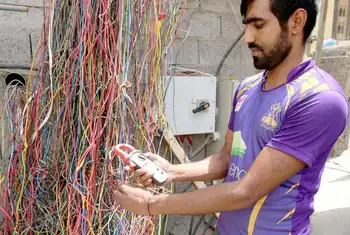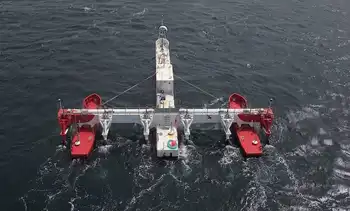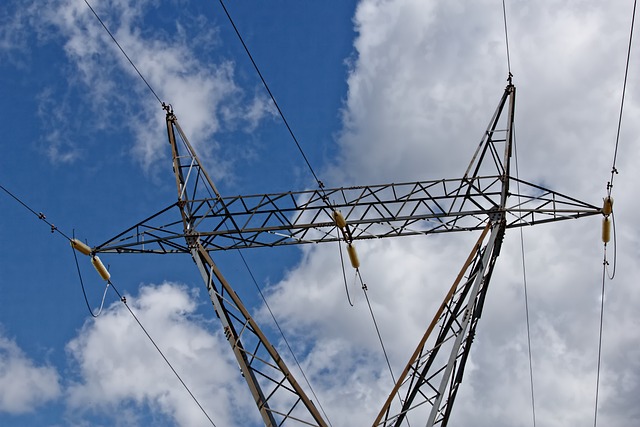New Zealand hints at wholesale-retail electricity split
NEW ZEALAND - The New Zealand government is signalling significant changes to the electricity market.
Energy Minister David Parker acknowledged yesterday that one of the government's considerations was separating the big generator-retailers into wholesale and retail businesses "but I'm not going to jump to a conclusion".
It was an issue to be looked at as a way of tackling concerns in an International Energy Agency report, issued recently, about the small number of players in the New Zealand market, and their potential to abuse their market power.
Parker's comments will make industry players nervous coming so soon after the government's regulatory strike on Telecom where it is also considering the possibility of splitting Telecom into wholesale and retail businesses. At the least Telecom will have to account separately for the wholesale and retail businesses.
Deputy Prime Minister Michael Cullen said on a recent television programme that he had grave doubts about the capability of the electricity market to deliver the kind of certainty New Zealand needed and the renewable energy it needed.
Cullen said there was more work to do, reasonably quickly on the electricity market.
The five generator-retailers, three of them state-owned, are already the subject of a sweeping investigation by the Commerce Commission.
It is probing whether they have market power and whether they have abused it in the way they set prices. Electricity prices have risen more than 40 per cent in the past five years.
One player said the company was surprised at the depth and detail the commission's inquiry was going into.
The commission had sought "truckloads" of documents dating some time back. The commission said recently the investigation was making substantial progress.
The IEA report said the small number of players in wholesaling and retailing electricity was a concern and the fact they were integrated wholesale and retail businesses made competition concerns greater.
Parker said the Government had to grapple with the issues.
"It's one of the important issues we are going to have to address in the national energy strategy. I won't really say much more than that," he said.
A draft National Energy Strategy is expected to be released for consultation mid-year.
Meanwhile, IEA director Claude Mandil encouraged the Government to make the Electricity Commission completely independent of it.
The Government could influence the commission in several ways as well as remove commissioners.
Mandil also urged the Government to finalise its climate-change policies as soon as possible and consider some "price signal" so the greenhouse gas emitters paid the cost of emissions. The Government dumped a carbon tax last year.
The IEA said the Government should also review the regulations for Transpower and electricity lines companies and make changes to ensure investment in transmission lines and electricity infrastructure took place, even if it meant higher prices and those companies breaching "price thresholds" set by the Commerce Commission.
Related News

Government of Canada Invests in the Future of Work in Today's Rapidly Changing Electricity Sector
OTTAWA - Smart grids, renewable electricity generation, automation, carbon capture and storage, and electric vehicles are transforming the traditional electricity industry. Technological innovation is reshaping and reinventing the skills and occupations required to support the electrical grid of the 21st century.
Canada has been a global leader in embracing and capitalizing on drivers of disruption and will continue to navigate the rapidly changing landscape of electricity by rethinking and reshaping traditional occupational standards and skills profiles.
In an effort to proactively address the needs of our current and future labour market, Electricity Human Resources Canada (EHRC) is pleased to announce the launch…




